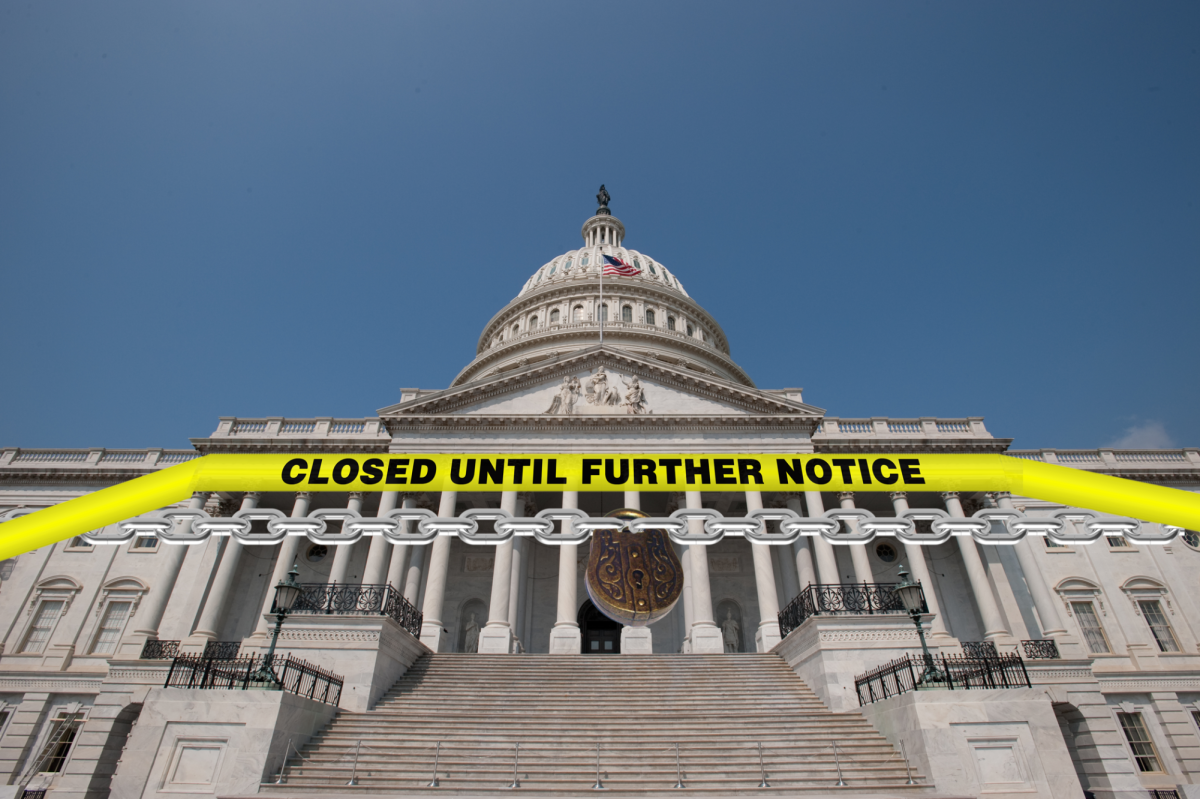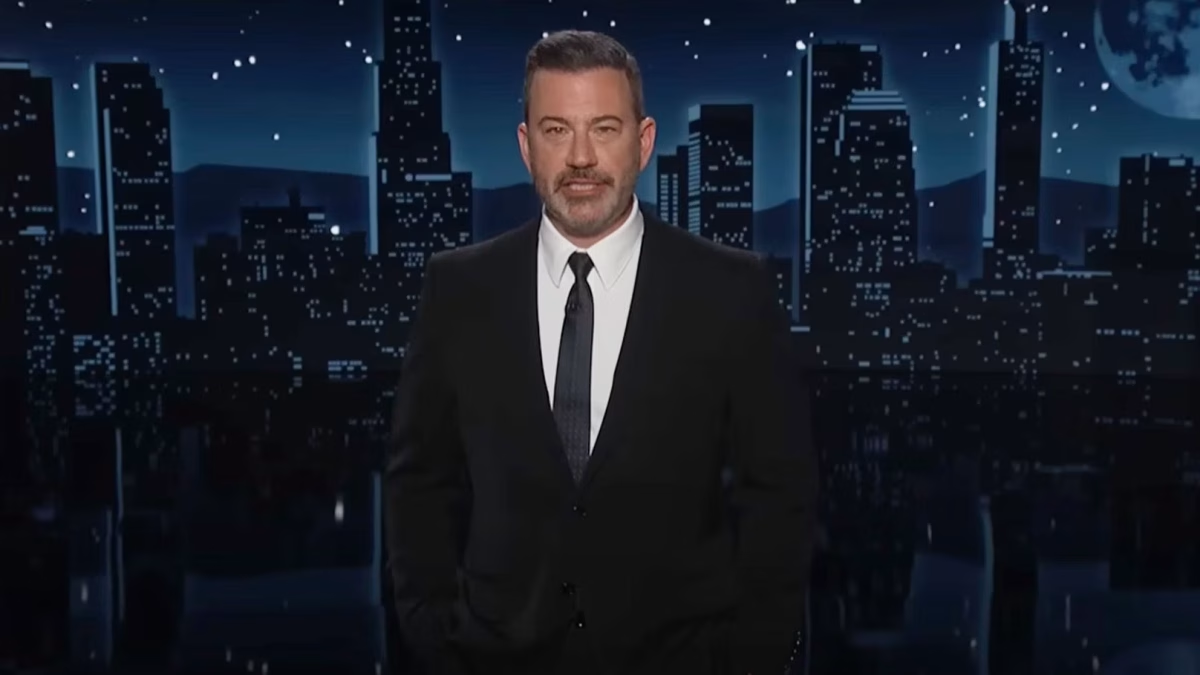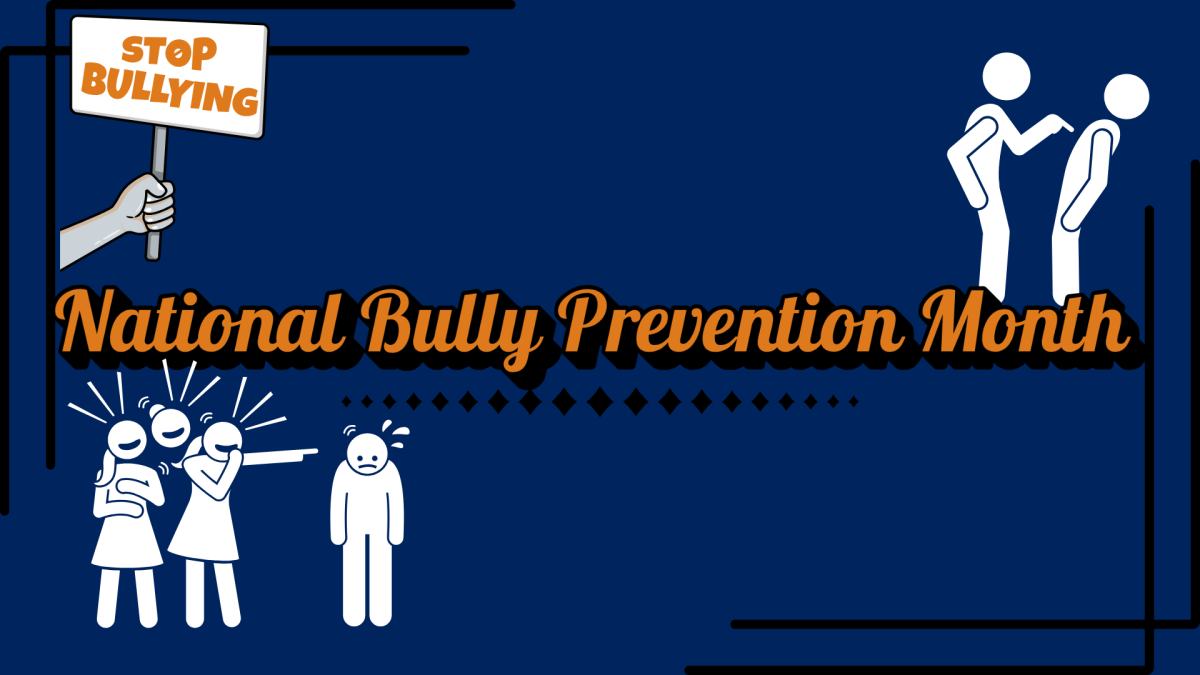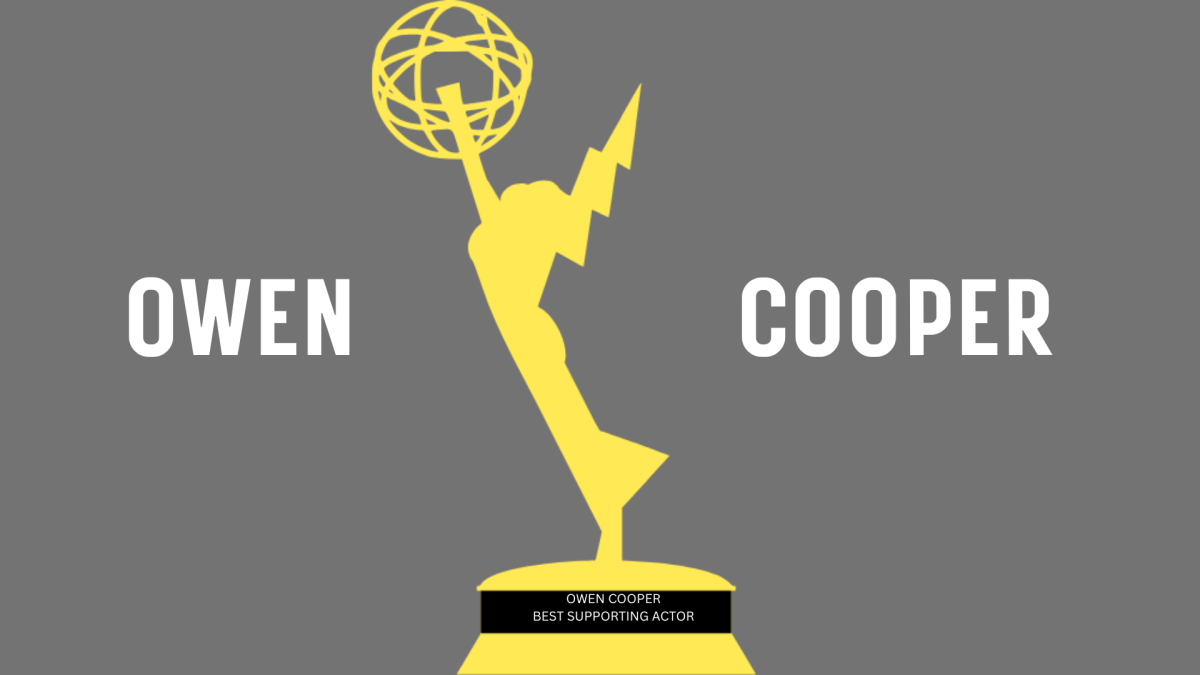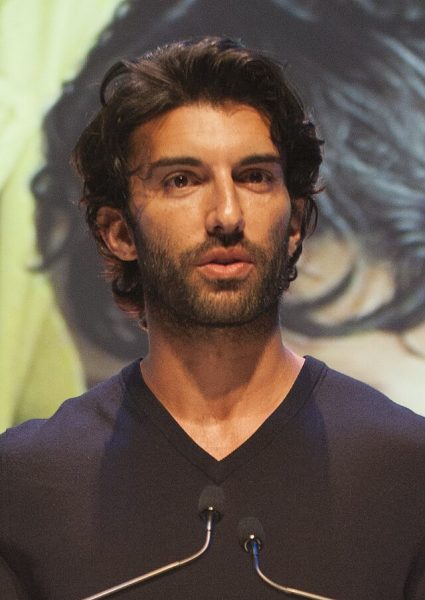
The film adaptation of “It Ends With Us” has been met with intense controversy, from fan criticisms over casting and wardrobe choices to serious legal issues involving the lead actress, Blake Lively, and the director, Justin Baldoni.
Originally, fans voiced their concerns over Lively’s portrayal of the main character, Lily Bloom, pointing out the incompatibility in age and wardrobe. Author Colleen Hoover addressed these concerns, explaining that the characters’ ages were adjusted for realism and downplaying the importance of costume accuracy.
However, the controversy deepened when accusations surfaced against Baldoni. According to legal complaints, Baldoni allegedly crossed professional boundaries on set, improvising intimate scenes without prior discussion. Lively also accused the director and producers of pressuring her into filming inappropriate scenes. The lead producer, Jamey Heath, was accused of exposing Lively to a graphic video of his wife giving birth without her consent. In response to these allegations, Baldoni’s team denied them, claiming that Lively was attempting to repair her reputation following a negative public reaction to her promotional efforts.
Tumblr user @akajustmerry says, “I don’t like Blake Lively and was openly critical of how inappropriate her handling of domestic violence as a topic was in interviews […] but I don’t have to like someone to believe them when they present a s— tonne of evidence that they’re victims of sexual/workplace harassment and an intense smear campaign.”
Further issues arose when a report by The New York Times alleged that Baldoni launched a smear campaign to ruin Lively’s reputation, leading to his removal from his talent agency. Following this report, Baldoni and nine other plaintiffs—the “It Ends With Us” film producer and the publicists—have filed a lawsuit against The New York Times.
As the legal battles continue, the film’s cast members and Hoover have expressed public support for Lively, while Baldoni’s representatives maintain their position against the accusations.
On the same day Baldoni sued The New York Times, Lively launched a federal lawsuit against Baldoni, Wayfarer Studios, and a few executives, citing sexual harassment and workplace safety concerns. Lively’s attorneys argued that her complaints were met with a smear campaign aimed at discrediting her.
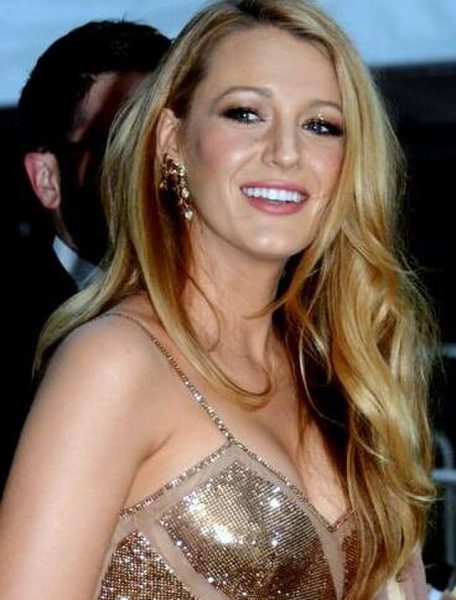
X user @ChampagnePuthy says, “I don’t think Blake Lively and Ryan Reynolds should be shamed from public life because she was sexually harassed on set, I think they should be shamed from public life because they are two racists who chose to get married on a plantation.”
On January 16, Baldoni filed a 179-page lawsuit against Lively, her husband Ryan Reynolds, and PR strategist Leslie Sloane, accusing them of defamation and orchestrating a campaign to damage his career.
On January 21, Baldoni’s team released nearly ten minutes of behind-the-scenes footage, allegedly disproving Lively’s claims. However, Lively’s attorneys argued that the video confirmed her allegations, depicting Baldoni making unsolicited advances without an intimacy coordinator present. They accused Baldoni of manipulating the public rather than presenting the footage in court.
The legal conflict will culminate in a joint trial on March 9, 2026. However, on January 27, Lively’s attorneys requested a gag order, citing Baldoni’s team’s persistent media statements as defamatory. Judge Lewis J. Liman declined to impose a strict restriction but warned both sides against fueling the media frenzy.
On February 2, Baldoni launched a website detailing his lawsuit, featuring an amended complaint and a timeline of events dating back to 2019. Days later, during the first in-person court hearing, the judge cautioned attorneys that continued public sparring could prompt an earlier trial date.
On February 18, Lively’s legal team filed an amended complaint, alleging that multiple women have raised concerns about Baldoni’s on-set conduct. The complaint included new evidence, such as communications with Sony and Wayfarer representatives. Lively also introduced a defamation claim, asserting that Baldoni and his team aimed to bury her career through a calculated smear campaign.





